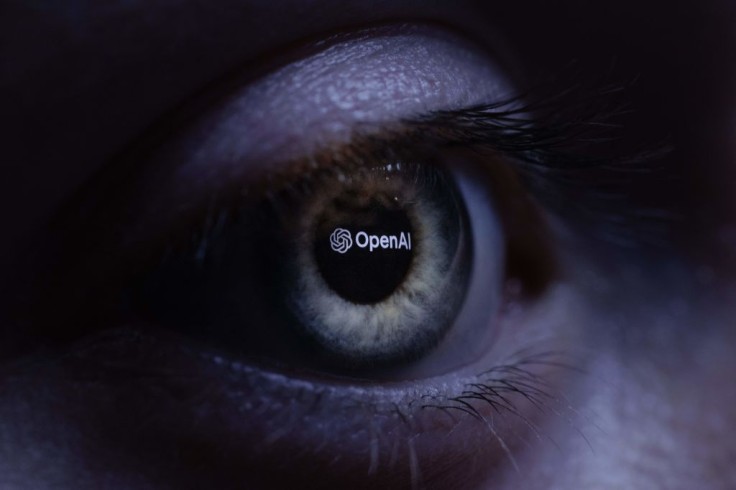OpenAI's GPT-4 was reportedly able to accurately assess and diagnose medical conditions on the eye at the same level as top optometrists, new research from Oxford finds.
First reported by Financial Times, the chatbot achieved and even surpassed scores of top-scoring medical practitioners in analyzing and providing treatment suggestions to various eye problems.

Researchers have tested the AI across 87 different patient scenarios. The AI sourced its information from a customized set of management algorithms, patient records, and medical textbooks provided.
The results were then compared to scores from human trainee doctors and expert eye medics. GPT-4 reportedly scored higher than the non-specialist junior doctors while reaching the same results with medical experts.
The study was led by Dr. Arun Thirunavukarasu, an academic doctor in partnership with the Universities of Oxford and Cambridge.
It is worth noting that the study does not yet recommend the practical application of AI into actual medical work, reasoning that such achievement remains a "trickly balance" in the current state of AI technology.
Generative AI Still a Far Cry from Actual Medical Applications
While the study highlighted potential uses of generative AI in the medical field, the technology still gets frowned upon by many experts due to the potential risks it carries.
Pearse Keane, professor of artificial medical intelligence at University College London, told FT that the technology still has its hitches due to its habit of making up facts.
The issue, more commonly referred to as "AI hallucinations," has long been a hurdle in the application of generative AI for its risk of giving inaccurate answers or referencing fake studies and articles.
Similar concerns have been noted during an earlier assessment of the technology's application in pediatric patients where ChatGPT failed 83% of the test cases given.
It is important because even OpenAI CEO Sam Altman has expressed dissatisfaction with the GPT model for multiple inadequacies and issues that have emerged since it became available to the public.
Medical Field Starts Opening to Idea of Generative AI
Despite uncertainties in the technology, medical companies and even some workers have slowly opened up on potential uses of AI in their operations.
Not exactly as an assistant in medical assessment but rather as a helping tool in administrative duties, a process that has impeded many hospitals amid a surge of patients and treatments.
Several pharmaceuticals and big healthcare corporations have already adapted this use of AI into their business structure to ease the workload of medical professionals relying on their technological services.
Government officials and lawmakers have also started looking into possible rules for the use of AI in the field as it tries to catch up with the widening scale of its impact on the professional world.
Related Article : US Doctors Believe AI Will Help Ease Burnout, Workload in Medical Field









